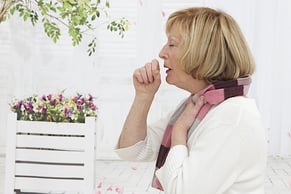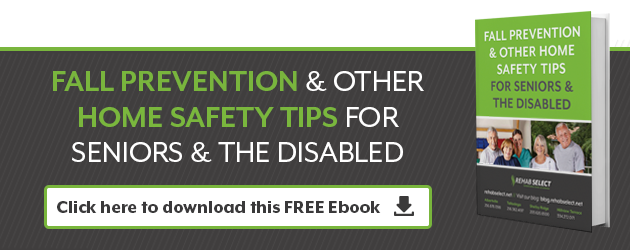 Pneumonia is an infection in the lungs that can be caused by a variety of organisms, including bacteria, viruses, and fungi. These infections are characterized by inflammation and/or a buildup of fluid and pus in the alveoli – the tiny air sacs of the lungs. Pneumonia can, in many cases, become very serious, resulting in extreme sickness or even death. While anyone can be affected by pneumonia, the condition is most dangerous in people over age 65, children under the age of 5, and individuals who are affected by underlying health problems or have weakened immune systems.
Pneumonia is an infection in the lungs that can be caused by a variety of organisms, including bacteria, viruses, and fungi. These infections are characterized by inflammation and/or a buildup of fluid and pus in the alveoli – the tiny air sacs of the lungs. Pneumonia can, in many cases, become very serious, resulting in extreme sickness or even death. While anyone can be affected by pneumonia, the condition is most dangerous in people over age 65, children under the age of 5, and individuals who are affected by underlying health problems or have weakened immune systems.
About Pneumonia
Pneumonia happens when a pneumonia-causing organism finds its way past the body's natural filtration systems in the nose and airways and into the lungs, where it then multiplies to cause infection. Although pneumonia often appears as a relatively minor infection, it can become a life threatening illness, especially in aging patients. Pneumonia may occur as an after-effect of cold, flu, or other respiratory infections, when large amounts of the viruses or bacteria that caused these conditions are present in the nose and/or mouth and the immune system is already heavily taxed.
Smokers, aging adults, very young children, and people who suffer with chronic respiratory conditions, like asthma or COPD, are at greater risk than the average person of contracting pneumonia, since these factors can impair the body's ability to filter out the illness-causing organisms. People with chronic health conditions, such as heart disease, diabetes, or HIV/AIDS, are also at greater risk, as are those who have had a recent surgery, serious illness, or traumatic injury, or people who take medications that suppress or impair immune function. Pneumonia is also more likely to develop into a serious or life-threatening illness among individuals within these groups.
Symptoms of pneumonia typically include:
- Cough, typically producing mucus that may be rust-colored, green, and/or tinged with blood
- Fever
- Rapid breathing and shortness of breath
- Severe chills
- Chest pain that intensifies with coughing or a deep breath
- Rapid heartbeat
- Fatigue and weakness
- Nausea and/or vomiting
Preventing Pneumonia
Vaccinations are an important means of preventing pneumonia, especially for individuals at increased risk like aging adults. Vaccines are available to reduce risk of certain forms of pneumonia, and getting vaccinated against influenza can also help. Avoiding tobacco smoke and other lung irritants is important, as is frequent hand washing and keeping your distance from people with respiratory infections. Exercise and good nutrition help keep the immune system strong, reducing infection risk.
Treatment and Recovery
Treatment for pneumonia varies according to the pathogen at the root of the infection, and while mild to moderate cases of pneumonia may be treated at home, severe cases, especially when breathing is very labored, may require hospitalization. For cases caused by bacteria, antibiotics are prescribed. Taking these medications as directed by your doctor is essential. Skipping doses or discontinuing medications too soon can result in pneumonia returning and/or becoming resistant to antibiotic treatment. Pneumonia caused by a virus may be treated with anti-viral medications – which also must be taken as directed to be effective. If antibiotic treatments may be an issue for you due to the cost of these drugs, talk to your doctor about patient assistance programs, which offer aid in obtaining prescriptions to people who are struggling to fit vital medications into their budgets
Lastly, taking good care of yourself during recovery is essential to helping your body fight pneumonia. Drink plenty of fluids to help loosen mucus in your lungs, eat a nutritious diet, and get plenty of rest.





